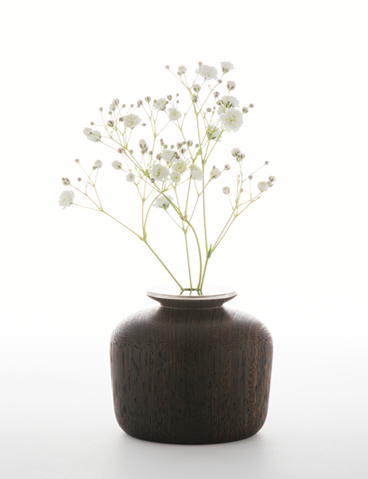*originally published on Angieviets.com “Human beings have evolved multiple mechanisms for defending against threats to our survival and physical integrity. The immune system is one example; blood clotting another; the fight-or-flight mechanism embedded in our nervous system yet another. It, therefore, is intuitive to assume that similar defensive mechanisms have evolved in human beings to protect and promote the integrity of our psychological architecture—our sense of self, identity, and esteem." — Noam Shpancer We all have defense mechanisms, which develop as a response to not getting our primal needs met. There are physical needs – such as food, water, and shelter – and there are emotional needs – such as love, acceptance, and approval. In an ideal world, we’d all get all of our needs met. However, no one actually has an ideal childhood. Parents, or primary caregivers, are just humans that are limited in their own ways. As children, we adapt on an emotional, nonverbal level. We don’t yet have the rational capacity to separate out what is ours and what belongs to others emotionally. We have to believe that our caregivers can protect and guide us, because if we see that they can’t, our survival is threatened. When we don’t readily have our needs met, we find ways to either get those needs met or re-route around them. Humans are amazing in their resourcefulness and ability to adapt. We are naturally creative. We find the physical things we need or we adapt to need less. The same thing happens emotionally; we find creative ways to either get our needs met or we find another route. Often, we learn to deny or disembody our own needs – in other words, we build defenses. As Esther Perel states: “Our defense mechanisms are survival strategies.” Why are emotional defenses something we need to be conscious of? You might think, ‘Well, I’ve adapted and it’s working out so far.’ In a way, yes. Our defenses usually develop to protect us or help us cope – they work for the environment they were built in. However, our early interactions become a blueprint for the world. We assume all relationships will follow the path of our primary relationships, so we find ourselves repeating dynamics and attracting people who have similar limitations to our early caregivers. There is a familiarity and comfort there. Subconsciously, we are hoping to get the needs met that we have compartmentalized or convinced ourselves we don’t need. We might find that our defenses arise when something reminds us of those earlier interactions, even if that’s not exactly what’s happening in the present. We pull for those emotional needs, while at the same time pushing away the opportunity to have them met, because to do so would put us in direct confrontation with what we didn’t get growing up. Our defense mechanisms can begin to get in the way of having healthy, fulfilling relationships. To admit that someone CAN meet our needs, we have to acknowledge that our primary caregivers couldn’t – that is a painful process. We have to accept and grieve what we didn’t have to truly acknowledge that we needed it in the first place (and probably still need it). Then we have to learn to receive it, despite being accustomed to not having it and/or convincing ourselves we are ok or “better off” without it. Most times, it’s not one person that meets our needs, but a network of support who can provide different things at different times. So, how do we build awareness of our emotional defenses? Pay attention: Mindfulness is a key component to any emotional growth process. Notice: - What irks you in other people? - is there a certain type of person you always react strongly to? - is there a type of person you attract repeatedly? - do you find yourself repeating the same words and phrases or having the same feelings in relationships? Separate what is yours. Take note of when you are responding to a need that originates inside of you, versus when you are trying to take care of or fix things for others. Have compassion and curiosity for why your defense mechanisms developed– I always say: get curious, not critical. So, once we recognize our defenses – how do we shift those defenses and get our needs met? Allow yourself to grieve what you didn’t have. Have compassion for the younger parts of yourself who didn’t get what they needed. Also have compassion for your current self as you learn and continue to evolve. Give yourself credit for the ways in which you’ve adapted. Build and maintain your support network Pay attention to who in your life is helpful in what instances and use those supports as you need them. It’s ok to admit our weaknesses and rely on others who we have found to be dependable and supportive. Be there for others in the ways that you can help. You will not only benefit from helping others and feel good about utilizing your strengths, but you will build reciprocity in your relationships. Take responsibility for what is yours Once you identify your defenses, it doesn’t mean they just go away. Like most other areas of personal growth, it’s a practice to change and evolve. Especially in times of stress or vulnerability, our defenses will come forward to protect us. Communicate with others in your life when your defenses arise. Try to ask for what you need and apologize or take responsibility in the cases when those defenses cause you to act in a way that isn’t in line with your values or becomes hurtful to someone you care about. Remember to be patient and compassionate with yourself – I can’t repeat that enough! It takes courage to look at ourselves honestly and it takes work to change.
Call us now






